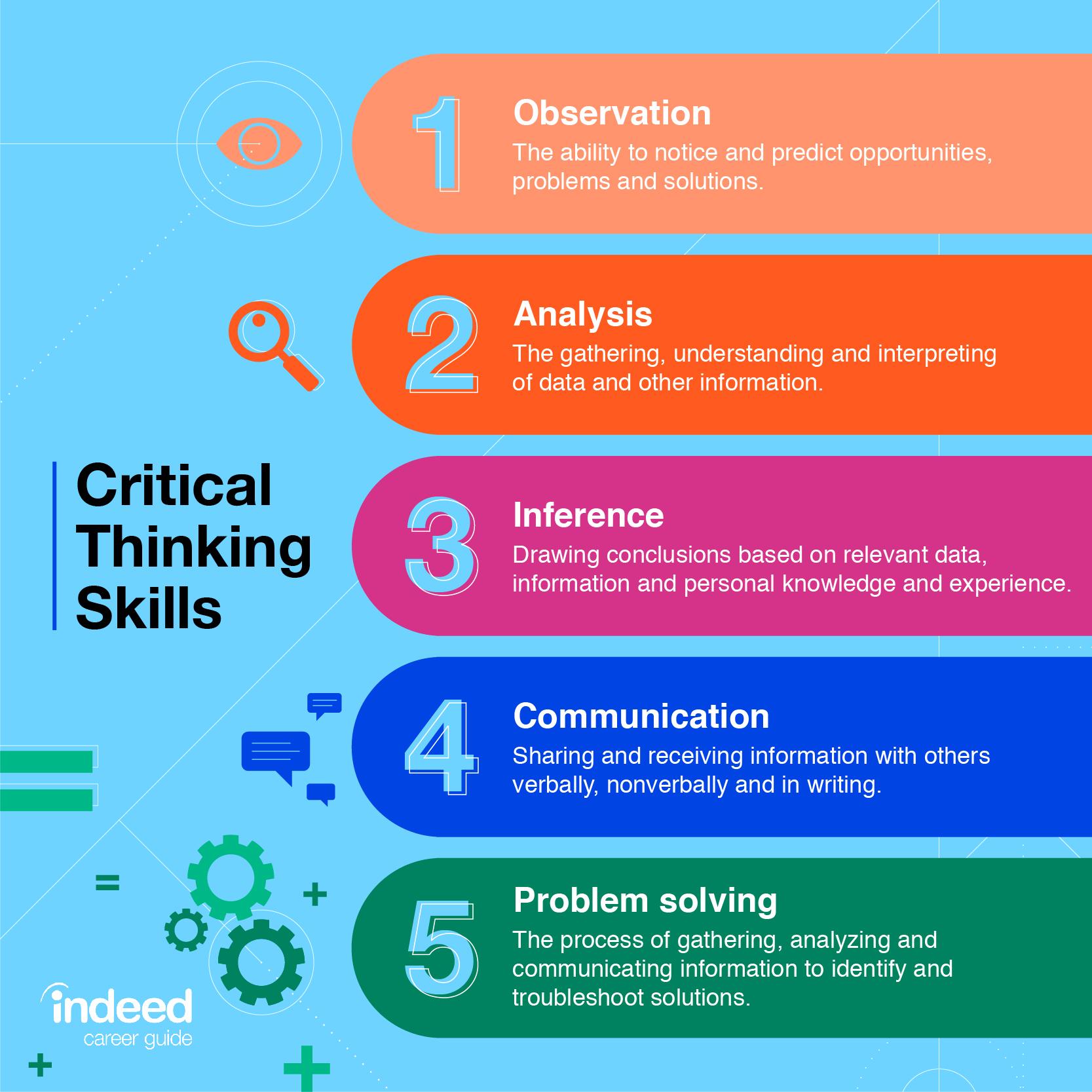What Does a Learning Solutions Consultant Do? Key Roles, Skills & Career Guide
Are you interested in leveraging your passion for education and technology to transform learning experiences in universities, colleges, or schools? If so, the role of a Learning Solutions Consultant might be the ideal career path for you. This comprehensive guide explores the key responsibilities, necessary skills, and practical advice for aspiring Learning Solutions consultants, along with career benefits and tips for landing a job in this exciting field.
Introduction: The Dynamic World of Learning Solutions Consultants
With the rapid advancement of education technology (EdTech),institutions are seeking innovative professionals who can bridge the gap between academic needs and technological solutions. Learning Solutions Consultants play a vital role by designing, implementing, and optimizing digital learning strategies that enhance both teaching and learning outcomes. If you’re aiming for a rewarding career in education technology at universities, colleges, or schools, understanding this versatile role is the first step to success.
The Role of a Learning Solutions Consultant in Education Technology
A Learning Solutions Consultant serves as a crucial link between educators, administrators, and technology providers.These professionals analyse instructional challenges, customize technology-based solutions, and ensure successful adoption within educational institutions. Their overarching goal is to support impactful learning by aligning digital tools and pedagogical strategies with institutional objectives. Core duties often include:
- needs Analysis: Assessing the educational requirements and pain points of faculty, students, or administrators.
- Solution Design: Developing and recommending digital learning solutions, such as Learning Management Systems (LMS), interactive content, and e-assessment tools.
- Product Implementation: Coordinating the rollout of EdTech products and services, including onboarding and training end-users.
- Stakeholder Engagement: Fostering collaboration between academic staff, IT departments, and vendors to ensure smooth integration.
- evaluation and Optimization: Monitoring solution effectiveness, collecting feedback, and making data-driven improvements.
- Professional Progress: Delivering workshops and resources to train educators in using new technologies effectively.
- Support and Troubleshooting: Acting as a resource for ongoing technical and pedagogical support.
Key Responsibilities at Universities, Colleges, and Schools
While the core functions are similar across different educational settings, the scope of work may vary:
- Universities: Collaborate with academic departments to implement flexible, scalable EdTech solutions for diverse programs and research initiatives.
- Colleges: Focus on blended learning environments, career-readiness programs, and digital curriculum design.
- Schools: Address classroom integration, student engagement, and teacher training for age-appropriate technologies.
Essential Skills Needed for a Learning Solutions Consultant
The competencies required in education technology consulting not only span technical know-how but also interpersonal and analytical abilities. Here are the key skills every Learning Solutions Consultant should cultivate:
- Technical Acumen: Understanding of LMS platforms, instructional design software, and digital assessment tools.
- Instructional Design: Ability to craft engaging, learner-centered digital content.
- Interaction: Strong presentation and consultative skills for working with educators, administrators, and IT professionals.
- Project Management: Coordination, time management, and association for overseeing solution implementation.
- Problem Solving: Analytical skills to evaluate educational challenges and devise effective technology-enabled solutions.
- Change Management: Facilitate adaptation to new technologies and teaching practices through training and support.
- Empathy and Collaboration: Ability to understand the needs of various stakeholders and work cooperatively towards shared goals.
Qualifications and Pathways to Enter EdTech Consulting
Pursuing a career as a Learning Solutions Consultant typically involves a blend of education and experience in both teaching and technology:
- Academic Background: Bachelor’s or Master’s degree in Education, Instructional Design, Educational Technology, or related fields.
- Professional Experience: Experience in teaching, curriculum development, or edtech product support is highly valued.
- Certifications: consider earning certifications in instructional design (e.g., ATD, ISTE) or project management (e.g., PMP, Agile) for enhanced credibility.
- Continuous Learning: Regularly update skills through EdTech webinars, conferences, and online courses.
Career Advancement Opportunities
Learning Solutions Consultants can progress toward senior roles such as:
- Senior Learning Solutions Consultant
- Instructional designer
- EdTech Project Manager
- Learning Technology Specialist
- Director of Educational Technology
Benefits of Becoming a Learning Solutions consultant
This career offers a range of personal and professional advantages for those passionate about transformative education:
- Diverse Work Environment: Opportunities to collaborate with educators, administrators, and technology professionals.
- Continuous growth: Stay at the cutting edge of digital innovations in teaching and learning.
- Impactful Contribution: Directly influence the quality and effectiveness of education in institutions.
- Versatility: Roles available in higher education, K-12 schools, corporate training, and EdTech companies.
- Competitive Compensation: Attractive salary and benefits packages in a fast-growing industry.
Practical tips for Job Seekers: How to Launch Your Learning Solutions Consulting Career
Securing an EdTech job as a Learning Solutions Consultant involves strategic preparation and active networking. consider these actionable tips:
- build a Portfolio: Showcase your instructional design projects, digital learning initiatives, or case studies of successful implementations.
- Network in EdTech Circles: Join professional groups, attend industry events, and participate in online forums dedicated to education technology.
- Tailor Your Resume: Highlight your consulting, technology, and teaching experience. Quantify achievements where possible.
- Prepare for Interviews: Be ready to discuss solution design processes, implementation challenges, and examples of collaboration with various stakeholders.
- Stay Current: subscribe to leading EdTech journals and keep abreast of the latest trends and tools.
- Gain hands-On Experience: Volunteer at local schools or offer freelance EdTech consulting to gain practical insights.
Conclusion: Paving the Way for Future-Ready Education
Learning Solutions Consultants are at the heart of modern education, blending innovation, empathy, and strategic thinking to elevate the learning experience. If you aspire to make a lasting impact in universities, colleges, or schools by integrating technology and pedagogy, this rewarding career offers immense growth, influence, and fulfillment. By cultivating the right skills,qualifications,and proactive job-seeking strategies,you can embark on a successful journey in education technology consulting—empowering educators and learners alike to thrive in the digital age.

